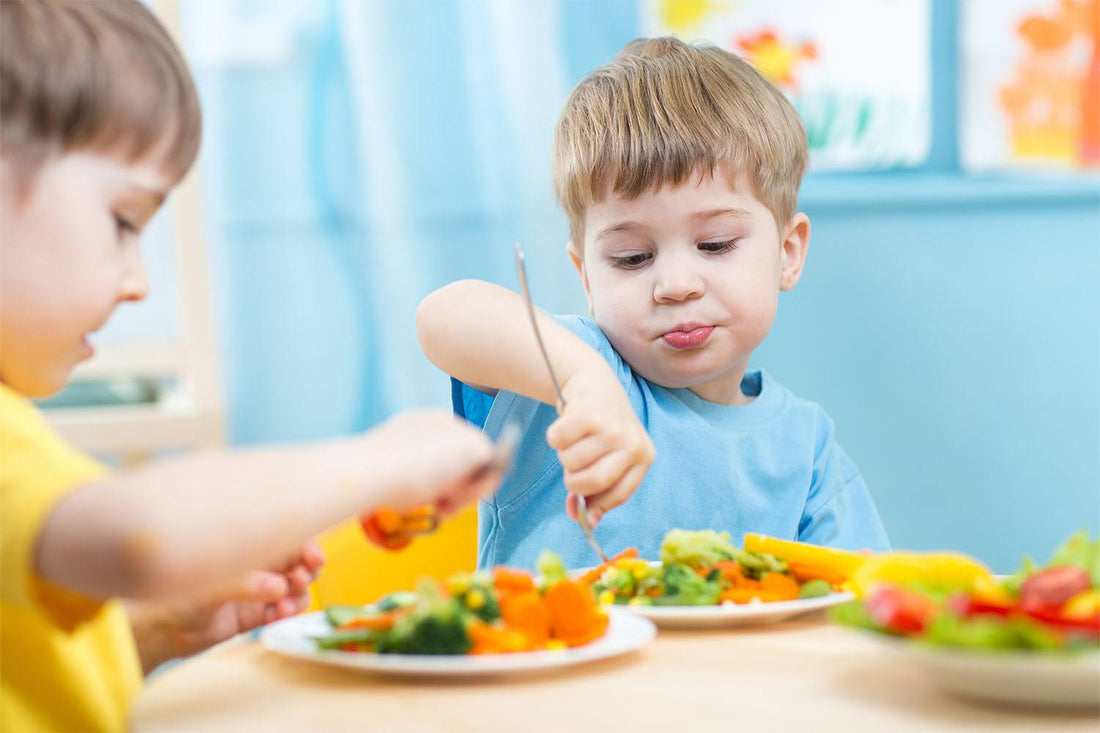
Healthy school meals
Share
International School Meals day was established in 2010. Celebrated today, it still has many of the same aims, including:
- Raising awareness of the importance of the nutritional quality of school meals.
- Emphasising the connection between healthy eating, education and better learning.
- Connecting children around the world to foster healthy eating habits and promote well-being in schools.
- Raising awareness of the hunger and poverty issues being addressed through school feeding programmes.
With worldwide obesity levels rising - in 2020, 39 million children under the age of 5 were overweight and over 390 million people between 5 and 19 were overweight or obese (WHO) - this has never been more important.
Obesity is preventable and yet is on track to be the biggest preventable death factor in the developed world, costing the health system millions of pounds each year.
Reversing this trend can start with the young as overweight children are more likely to end up being overweight adults, we look at ways we can support International School Meals day.
Talk about food
During meal times talk about the food you're eating. Explain where and how it grows, what has been added - if seasoning has been used, how it has been cooked and why it has been prepared in this way?
If it's a special occasion, why is this dish part of the occasion? Is it due to a family tradition, religious reasons or some other significance? Talk about the importance of a balanced diet and if your family follows a particular regime, explain why.
Grow your own
If you're fortunate enough to have a garden and a space to grow fruit and vegetables, this is a fantastic activity for children to participate in.
Research has shown that people who spend more time in the garden show better mental and physical health. In addition, there's the educational benefit of the child learning how things grow, it's a great way to support better learning. Plus you get homegrown food to eat!
Provide healthy food
If your child makes healthy choices from a young age, they are more likely to continue this way. Healthy lunch box meals, after school snacks and family meals, are a great way to set a good example and to give your child a healthy start
Eat together
Only about 30% of families manage a regular meal together and yet research shows this is extremely beneficial. Home-cooked meals often have a lot fewer additives and a lot more goodness than pre-packaged and to act of sitting together and talking is good for mental health.
Studies show that children who have regular family meals are a lot less likely to be obese when they are older.
Teach your children to cook
Children are naturally curious, so showing them how a set of ingredients forms a meal often appeals to them. You can also use this as an educational tool.
If the recipe requires salt for example you can explain how this is great for taste as long as we don’t have too much. Or when making a cake children can visualise the amount of sugar being used.
Whilst no single food type should be off-limits, explaining to children about what goes into different foods can help them understand the components of what they are eating, which will help them make better choices later in life.
Research has shown that children who cook have a higher preference for fruit and vegetables than those who don’t, so give them an apron and have fun!
A great way to add vitamins, nutrients and amino acids to your child’s diet is to give them a superfood juice each day. Simply add to their juice for a quick and convenient nutritious boost.
Our organic wheatgrass juice for example has the equivalent nutritional value of three heads of broccoli and our Elixir Vitality juice has 72% of the RDA for vitamin C. To find out more visit our shop here today.

